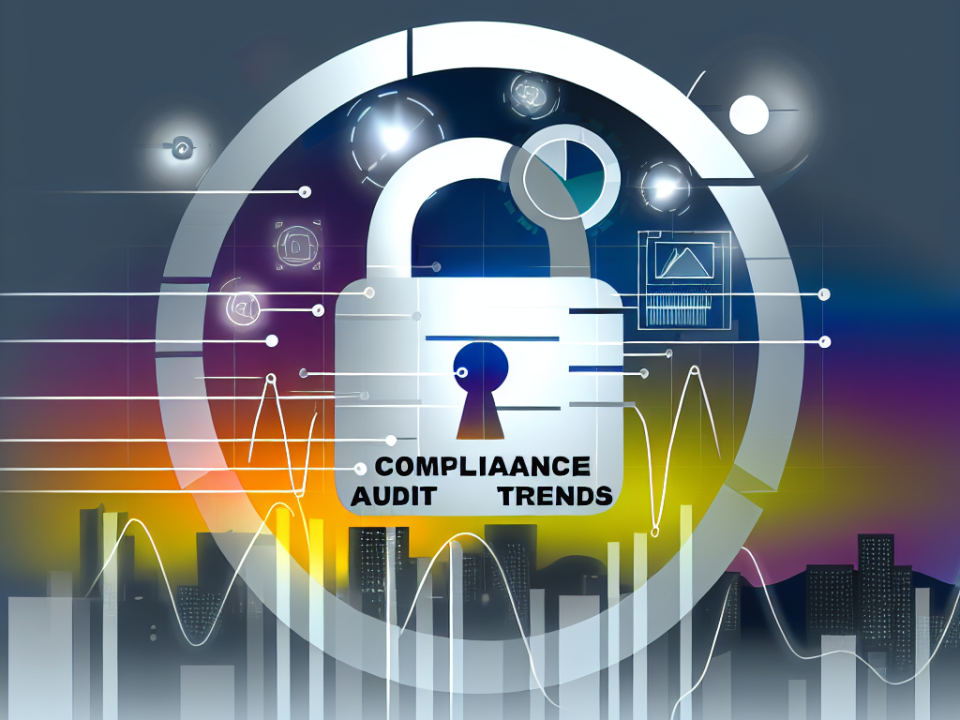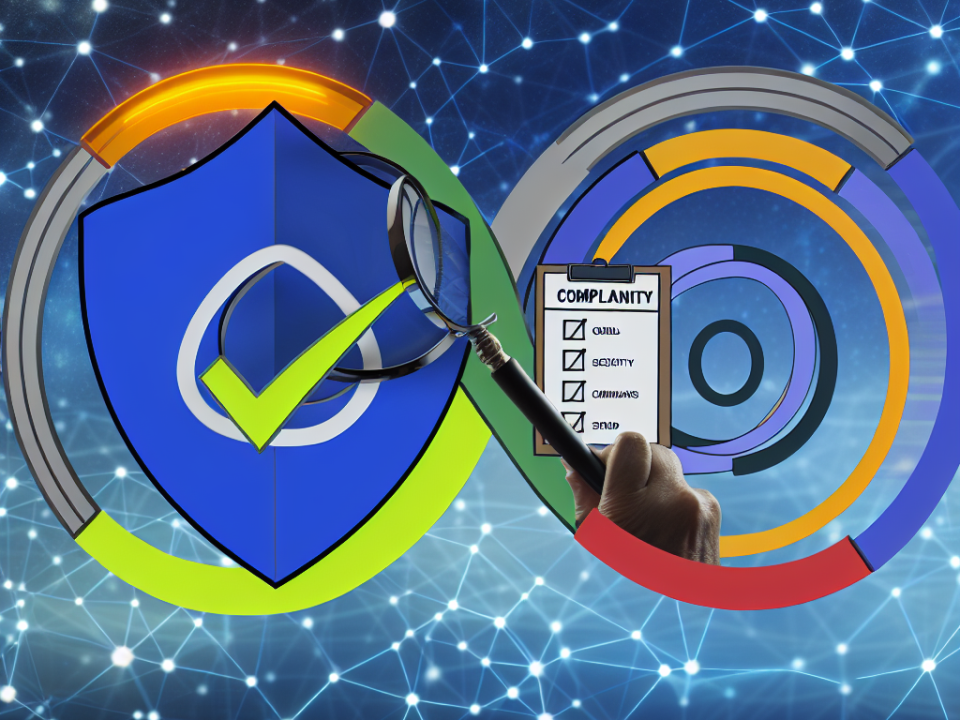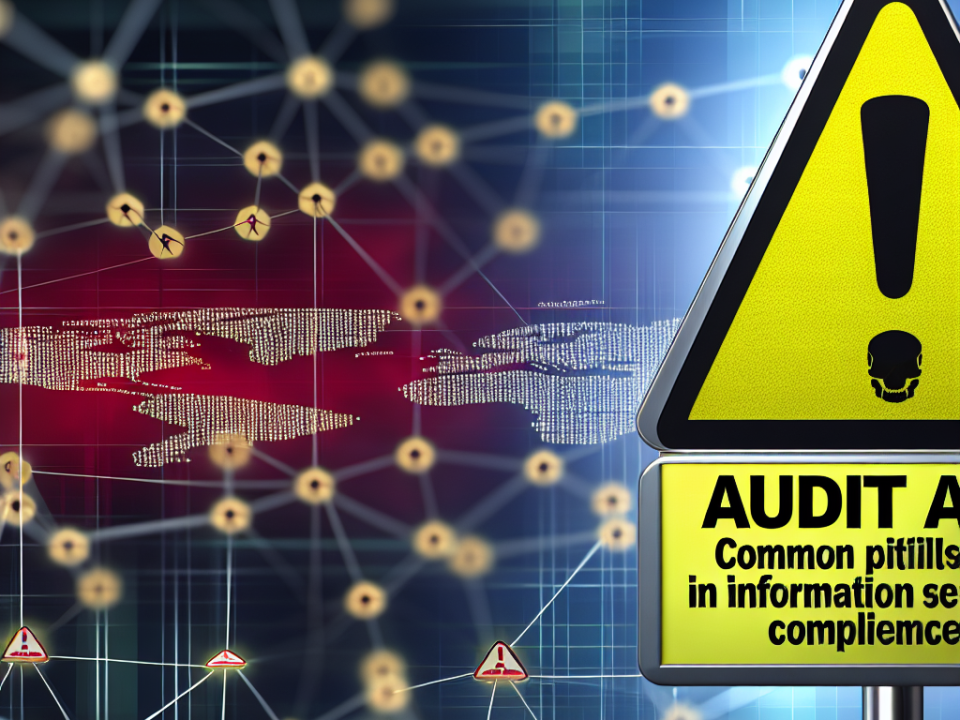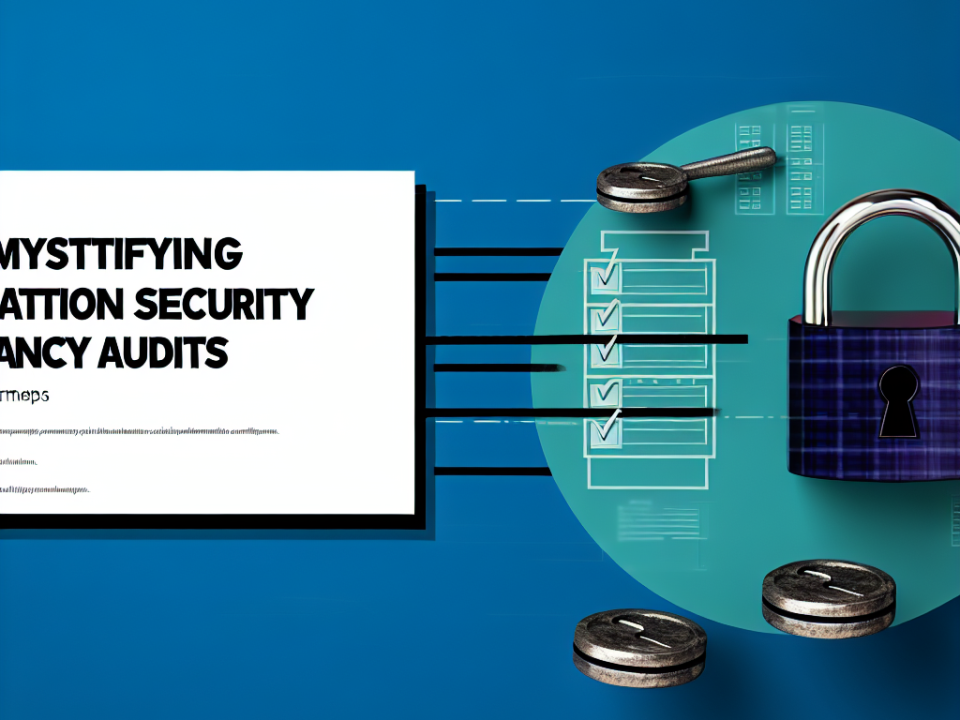
Building a Culture of Compliance: Best Practices for Security Standards
June 3, 2025
The Future of Cybersecurity: Trends in Compliance Standards for 2024
June 3, 2025
In an increasingly digital world, businesses face mounting pressures to protect sensitive data and build customer trust. Security compliance frameworks provide structured guidelines and best practices for managing these responsibilities. Understanding and implementing these frameworks is vital for any organization looking to fortify its security posture. Below, we explore some of the top security compliance frameworks that every business should consider.
1. ISO/IEC 27001
The ISO/IEC 27001 framework is an international standard designed specifically for information security management systems (ISMS). It provides a systematic approach for managing sensitive company information and ensuring its confidentiality, integrity, and availability.
Key Features:
- Risk management process that includes assessing, treating, and monitoring risks.
- Continuous improvement cycle with a recurring evaluation process.
- Applicability across various sectors, enhancing its usability.
Benefits:
- Global recognition can enhance your organization’s credibility.
- Helps in establishing a holistic approach to information security.
2. NIST Cybersecurity Framework (NIST CSF)
Developed by the National Institute of Standards and Technology, the NIST Cybersecurity Framework offers a comprehensive structure for managing cybersecurity risks. It’s particularly popular among organizations that seek to comply with U.S. government regulations or improve their overall cybersecurity posture.
Key Features:
- Five core functions: Identify, Protect, Detect, Respond, and Recover.
- Flexible and adaptable to any organization, regardless of size or industry.
- Focuses on continuous improvement.
Benefits:
- Provides a clear roadmap for managing cybersecurity risks.
- Offers a common language for communication around cybersecurity issues.
3. Payment Card Industry Data Security Standard (PCI DSS)
For businesses that handle credit card transactions, adherence to PCI DSS is not just a best practice; it’s a requirement. This framework lays out security measures to protect cardholder data.
Key Features:
- Requires organizations to implement stringent security measures on their networks.
- Applies to all entities that store, process, or transmit cardholder information.
Benefits:
- Reduces the risk of data breaches and fraud.
- Promotes customer trust and aligns with consumer protection efforts.
4. General Data Protection Regulation (GDPR)
The GDPR is a comprehensive data protection regulation enacted by the European Union. It governs how companies handle personal data of EU citizens, imposing strict guidelines on data collection, storage, and processing.
Key Features:
- Rights for individuals regarding their personal data, including access, correction, and erasure.
- Mandatory breach notification within 72 hours.
- Heavy fines for non-compliance, up to 4% of annual global turnover.
Benefits:
- Enhances privacy rights and enables better data governance.
- Builds customer trust through transparent data practices.
5. Health Insurance Portability and Accountability Act (HIPAA)
For businesses involved in healthcare, HIPAA sets the standard for protecting sensitive patient data. Organizations that deal with protected health information (PHI) must comply with its regulations.
Key Features:
- Standards for safeguarding PHI, including administrative, physical, and technical safeguards.
- Ensures confidentiality and integrity of healthcare data.
Benefits:
- Helps mitigate the risk of data breaches in the healthcare sector.
- Enhances patient trust and compliance with legal requirements.
6. SOC 2 (Service Organization Control 2)
SOC 2 is an auditing framework designed specifically for service providers that handle customer data. It focuses on five Trust Services Criteria: security, availability, processing integrity, confidentiality, and privacy.
Key Features:
- Rigorous internal controls assessment with periodic audits.
- Specific to technology and cloud computing organizations.
Benefits:
- Demonstrates commitment to data security and privacy to customers.
- Provides a competitive advantage in the marketplace.
Conclusion
Business security compliance frameworks are not just regulatory checks—they are instrumental in establishing a strong cybersecurity posture and fostering customer trust. Every organization should evaluate their specific needs and industry requirements to determine which frameworks are most relevant. By adhering to these frameworks, businesses can better protect their assets, comply with laws, and ultimately create a more secure environment for everyone involved. Implementing these practices is a critical step towards sustainable growth and resilience in today’s fast-paced digital landscape.







